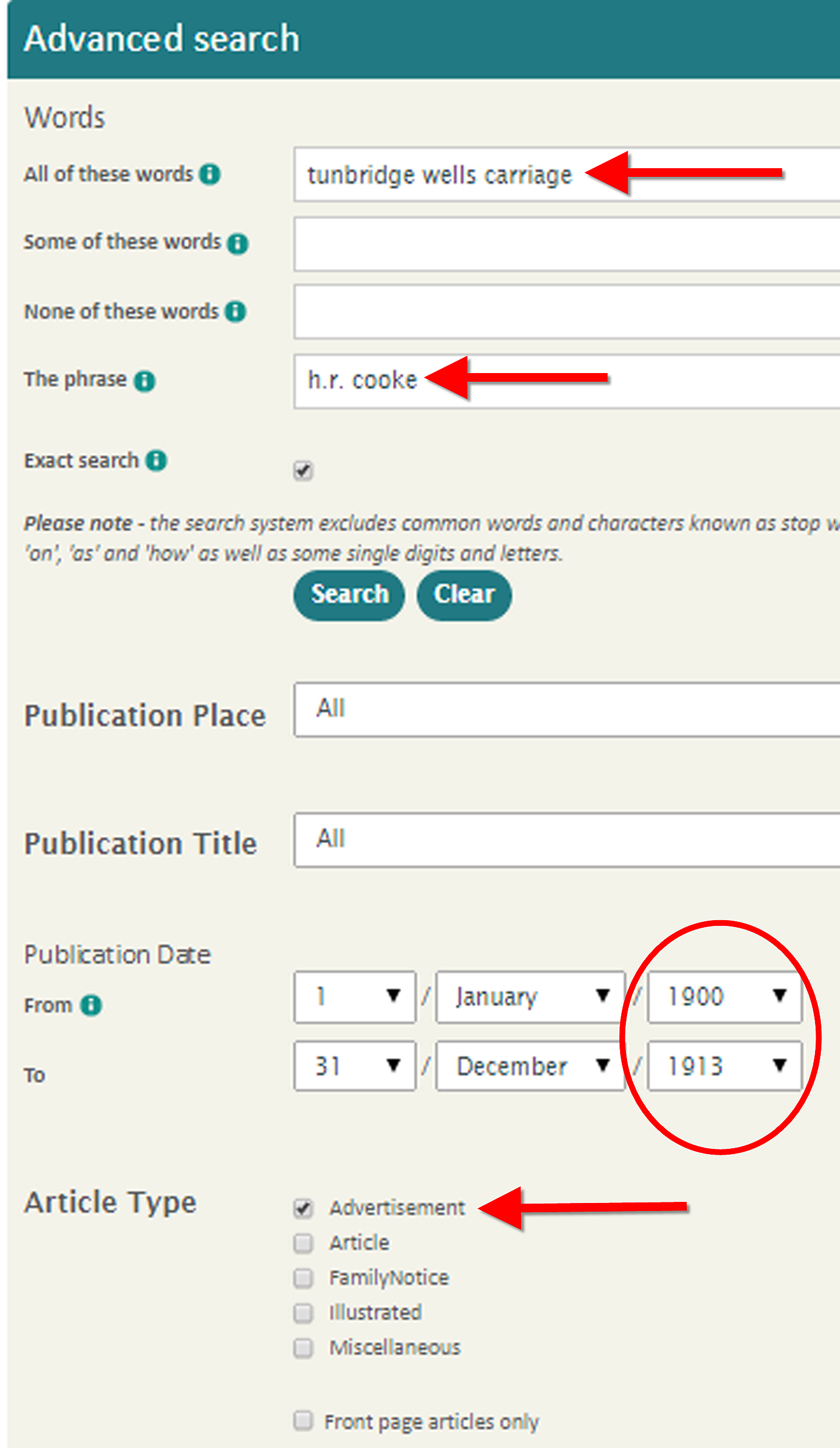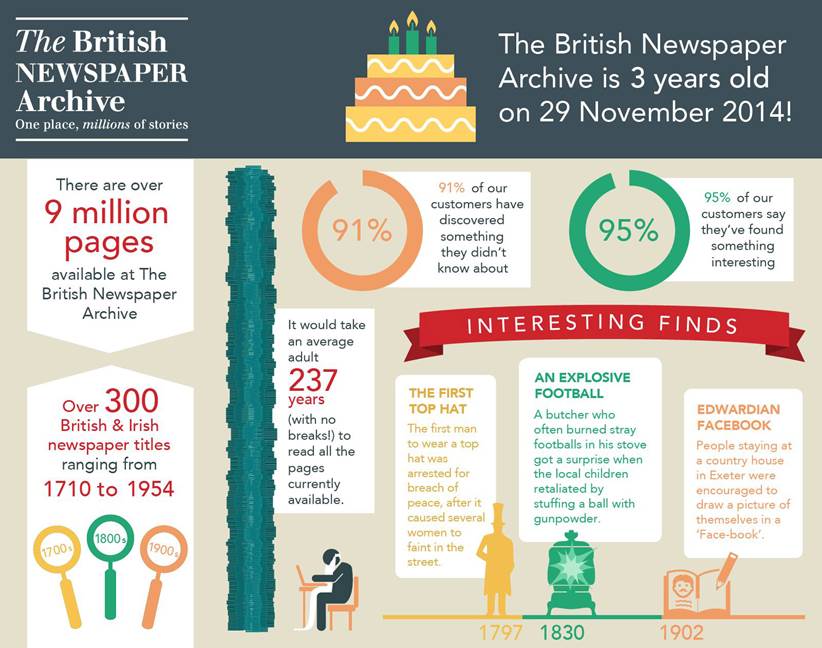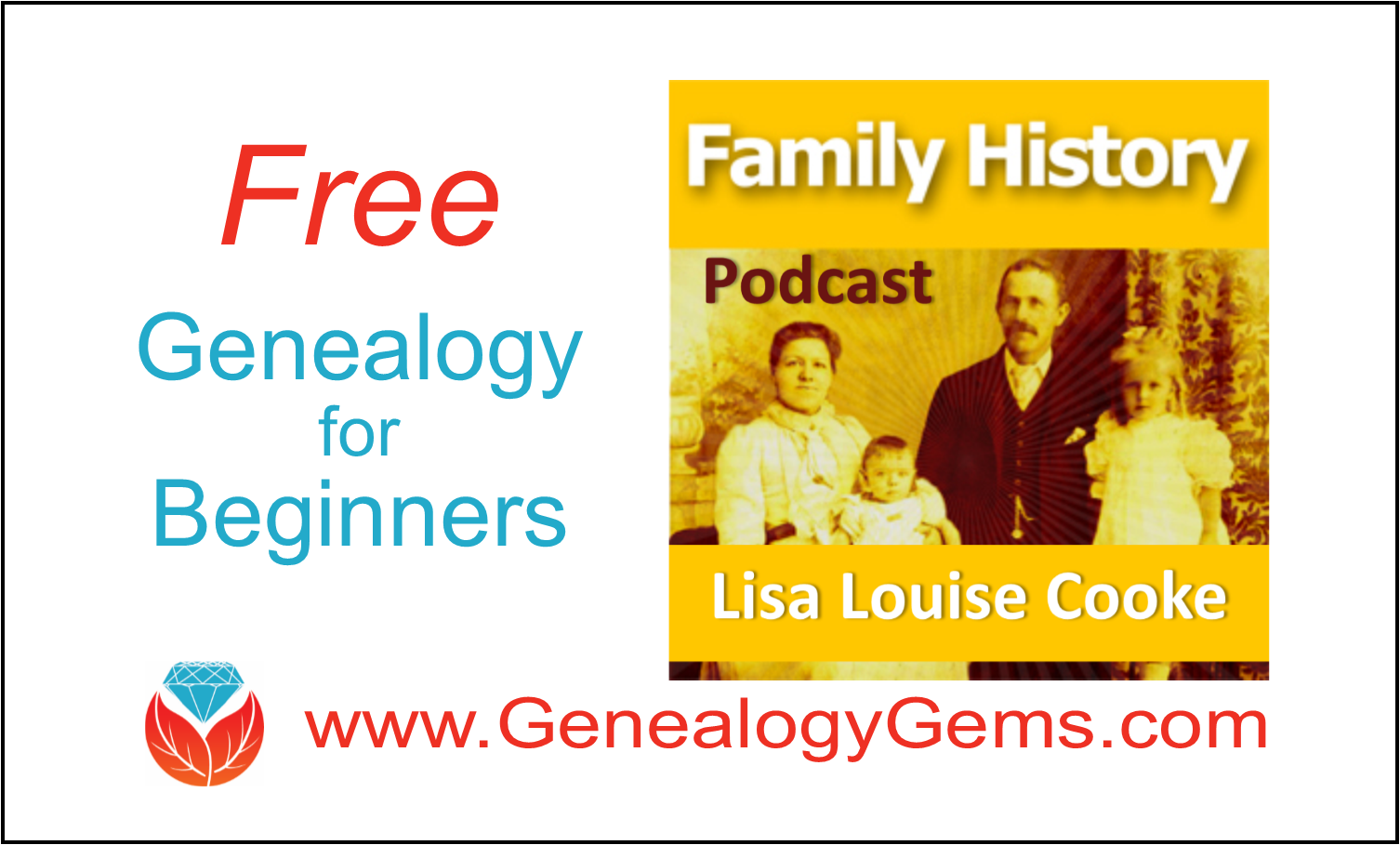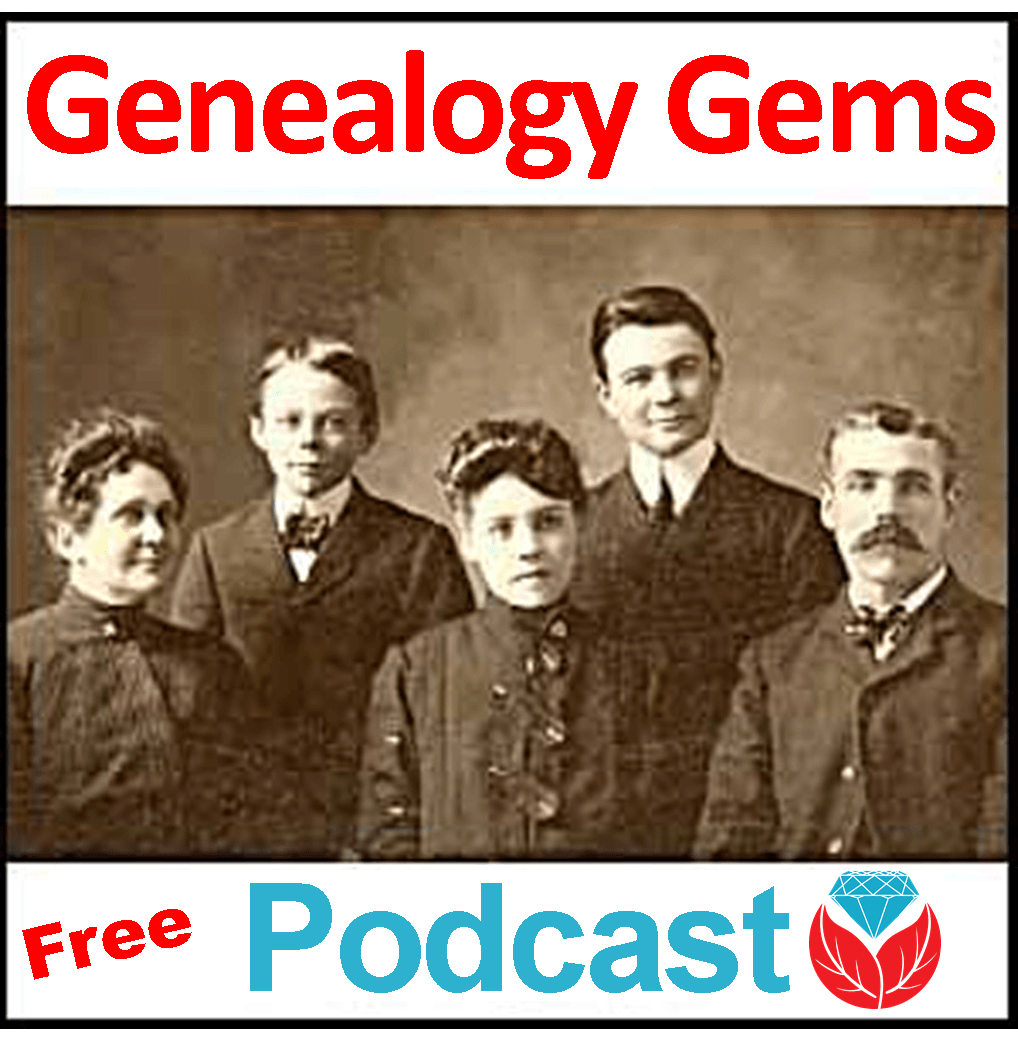by Lisa Cooke | Jun 23, 2014 | 01 What's New, Libraries, Photographs, Preservation
You have precious family history files, both physical and digital. Have you ever wondered if they are in the proper form for safe, long term preservation? Consider taking a cue from the United State’s oldest federal cultural institution and the largest library in the world, holding more than 158 million items in various languages, disciplines and formats.
According to their announcement today the Library of Congress today released “a set of recommended formats for a broad spectrum of creative works, ranging from books to digital music, to inform the Library’s acquisition practices. The format recommendations will help ensure the Library’s collections processes are considering and maximizing the long-term preservation potential of its large and varied collections.”
The recommended formats can be viewed here www.loc.gov/preservation/resources/rfs/ and cover six categories of creative output:
- Textual Works and Musical Compositions
- Still Image Works
- Audio Works
- Moving Image Works
- Software and Electronic Gaming and Learning
- Datasets/Databases
What I like about this recommendations is that they rank the various file formats on the digital side of things in order of preference. So even if you aren’t in the position to change your digital file’s format right now, you will know where it falls in the spectrum of long-term preservation.
For example, here are the recommendations for digital photograph files formats in the order of preference:
Formats, in order of preference
- TIFF (uncompressed)
- JPEG2000 (lossless (*.jp2)
- PNG (*.png)
- JPEG/JFIF (*.jpg)
- Digital Negative DNG (*.dng)
- JPEG2000 (lossy) (*.jp2)
- TIFF (compressed)
- BMP (*.bmp)
- GIF (*.gif)
Download the PDF of recommendations from the Library of Congress here
by Lisa Cooke | Jan 11, 2015 | 01 What's New, British, Newspaper, Research Skills
The British Newspaper Archive celebrated its 3rd birthday recently by looking back at how people are searching its 9 million+ newspaper pages. To date, the five  most common searches are:
most common searches are:
1. Football
2. Murder
3. Death
4. Jack the Ripper
5. Railway
Not what you expected? Your digitized newspaper searches as a family historian may be a little more specific and less sports-and-murder oriented. But are they too general to yield successful results?
Here’s a tip from Lisa: “With 9 million searchable pages, the key to finding what you want is to use the Advanced Search.
 “You’ll find it under the search box. My initial search for my husband’s great grandfather resulted in tens of thousands of hits until I included mandatory keywords, his name as a phrase, a defined time frame, and zeroed in on advertisements. The 299 results were far more manageable and resulted in several fantastic finds!”
“You’ll find it under the search box. My initial search for my husband’s great grandfather resulted in tens of thousands of hits until I included mandatory keywords, his name as a phrase, a defined time frame, and zeroed in on advertisements. The 299 results were far more manageable and resulted in several fantastic finds!”
Armed with these tips, those with Irish or English roots should explore The British Newspaper Archive, even if you’ve searched there before. “We’ve come a long way since the website launched on 29 November 2011 with 4 million historic newspaper pages,” says a press release. “The collection is now more than twice the size, with over 9 million fully searchable pages available from 300 British and Irish titles. The newspapers cover 1710 – 1954, a much broader time period than at launch. If you weren’t able to find a particular person, event or place when The British Newspaper Archive launched, it’s well worth looking again now.” Visit www.britishnewspaperarchive.co.uk to try a search for free.”
Learn more about searching historical newspapers in Lisa’s book, How to Find Your Family History in Newspapers. Chapter 4 is all about the newspaper search process, and includes a copy-able Newspaper Research Worksheet.
Last of all, check out this fun infographic below from the British Newspaper Archive in honor of its birthday:

by Lisa Cooke | Sep 5, 2016 | 01 What's New, Beginner, Family History Podcast
The FREE Family History: Genealogy Made Easy podcast series teaches genealogy for beginners with step-by-step, hands-on help at a friendly pace!

“Which podcast is best for beginning genealogists?” This question recently came from our reader and listener, Beverly.
It cued me to remind everyone about my FREE Family History: Genealogy Made Easy podcast! I created it for beginners to help them get started in a fun and easy way, and for more advanced researchers who want to brush up on their family history research skills in a step-by-step fashion.
Are you new to podcasts?
A podcast is like an online, on-demand radio show. You can listen whenever and wherever you want because they are recorded! Here’s a link to frequently asked questions about podcasts.
Get My Free Podcast – Perfect for Beginners!
To access the Family History: Genealogy Made Easy podcast:
1. Go to www.genealogygems.com
2. Hover your mouse over Podcast
3. Click on Family History: Genealogy Made Easy
4. Click the link for episode 1 entitled Getting Started (episodes are in numerical order.)
5. Click Play Now and then click the play button to listen on your computer.
6. You can also subscribe through iTunes here.
Get More Podcast Episodes, and Our App!
After you get started, enjoy the back episodes of the free Genealogy Gems Podcast for tons of additional ideas and strategies. The easiest way to listen is through the Genealogy Gems app available for Apple, Android and Windows.
More Gems: Genealogy for Beginners
We really want you to see Genealogy Gems as your guide through the fun and fascinating world of family history. That means in addition to our podcasts, we write loads of how-to articles just for you. To get instant access to all of our blog posts just right for beginners, click ARTICLES in the menu and select any article. On every article page there is a Categories menu. Click the down arrow, and click Beginner. On your screen you will see all of our Beginner articles in chronological order starting with the most recent.
4 Beginning Genealogy Answers to Get You Started
6 Sources That May Name Your Ancestors’ Parents
Try These Two Powerful Tools for Finding Genealogy Records Online: Google and FamilySearch Wiki
by Lisa Cooke | Sep 11, 2013 | 01 What's New
 Hilary Gadsby is the winner of our Virtual Conference Giveaway! Hilary lives in the UK, but because this is a virtual online conference, she can attend from the comfort of her own home. Awesome!
Hilary Gadsby is the winner of our Virtual Conference Giveaway! Hilary lives in the UK, but because this is a virtual online conference, she can attend from the comfort of her own home. Awesome!
Hilary reposted yesterdays blog post about the giveaway on Facebook, and used the hashtag #GENEALOGYGEMS. She was randomly selected from all the entries (thanks everyone!) and will receive one free registration to Family Tree Magazine’s Fall 2013 Virtual Conference this weekend.
There’s still time to register for the conference. I’ll see you there!


 most common searches are:
most common searches are: “You’ll find it under the search box. My initial search for my husband’s great grandfather resulted in tens of thousands of hits until I included mandatory keywords, his name as a phrase, a defined time frame, and zeroed in on advertisements. The 299 results were far more manageable and resulted in several fantastic finds!”
“You’ll find it under the search box. My initial search for my husband’s great grandfather resulted in tens of thousands of hits until I included mandatory keywords, his name as a phrase, a defined time frame, and zeroed in on advertisements. The 299 results were far more manageable and resulted in several fantastic finds!”


